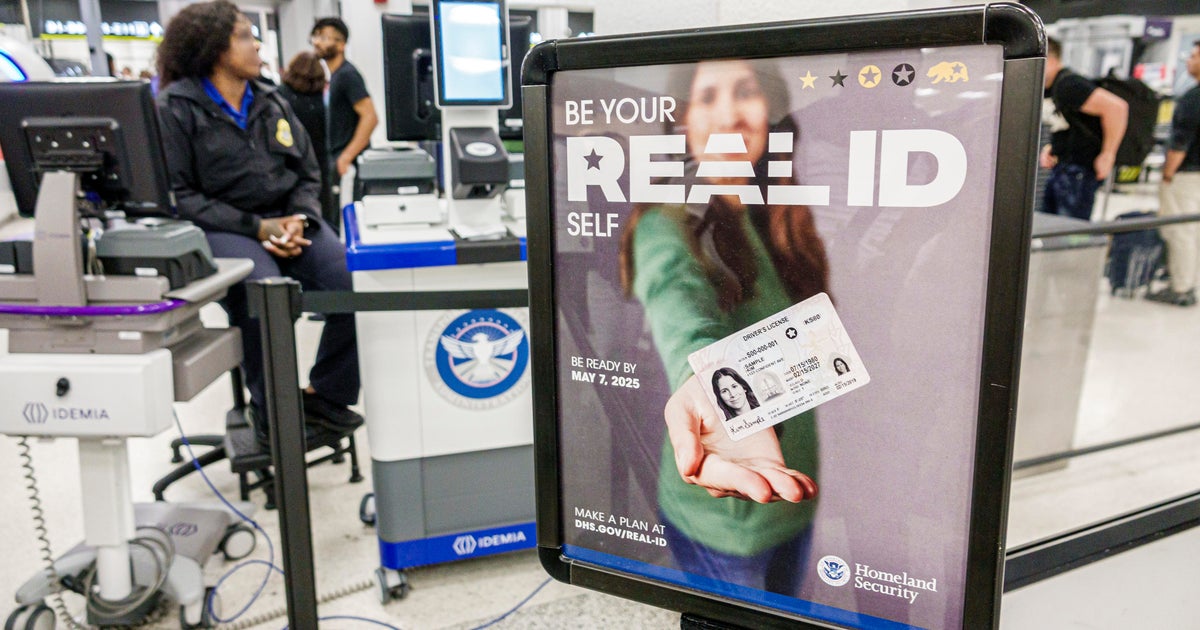Questions Persist With Arrival Of Cuban Immigrants From Central America
Follow CBSMIAMI.COM: Facebook | Twitter
MIAMI (CBSMiami) – Spanish language radio host Ninoska Perez has been fielding calls from listeners focused on the recent arrival of nearly 200 Cubans from Central America, and the impending arrival of thousands of others.
"There's a lot of people that understand that they are refugees just like we were, and they eventually will be welcomed," she told CBS4's Natalia Zea.
A busload of those Cubans arrived in Hialeah Gardens over the weekend.
It is the first group that entered the U.S. through Mexico after they were stranded in Costa Rica for weeks, their passage blocked by Nicaragua.
Now, through an agreement between Central American nations, some of those immigrants reached South Florida by bus, others by plane.
Joel Rios arrived Sunday at Miami International Airport where he was reunited with his family.
"It was a difficult trip…I'm happy to be with my loved ones," he said in Spanish.
Not everyone is supportive of this influx of migrants.
"Some people are upset because obviously a lot of these Cubans are receiving funds once they get here for help and eventually they end up later in Cuba," said Perez.
Many of the migrants are turning to state agencies for help. Most of the children will enroll in public schools – many of which will require intensive programs.
Miami-Dade Schools Superintendent Alberto Carvalho estimates the need to spend more than $80 million on immigrant children since 2014 through the end of this school year.
"Immigration is a federal issue. Congress and the Administration need to act and provide the needed financial support to school systems like Miami-Dade's," Carvalho said last week.
Perez agrees, in reference to all services, these newly arriving Cuban migrants will need.
"Eventually a solution has to be found because if not it's going to be a burden for the community," Perez said.
Miami Mayor Tomas Regalado believes South Florida could start receiving two flights carrying Cuban migrants from the border every week.
As for the policy that protects them once they land, Florida senator and presidential candidate Marco Rubio has filed a bill that would tighten the rules of the Cuban Adjustment Act.



